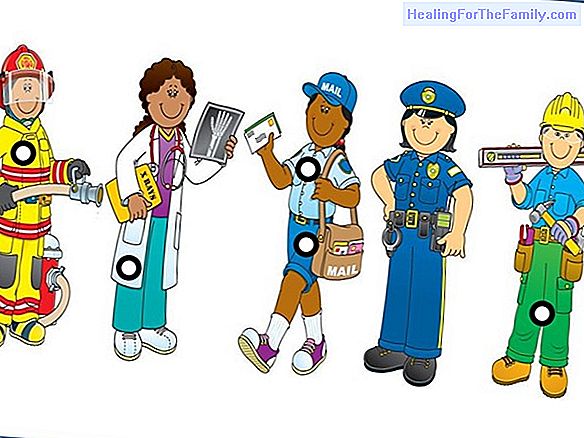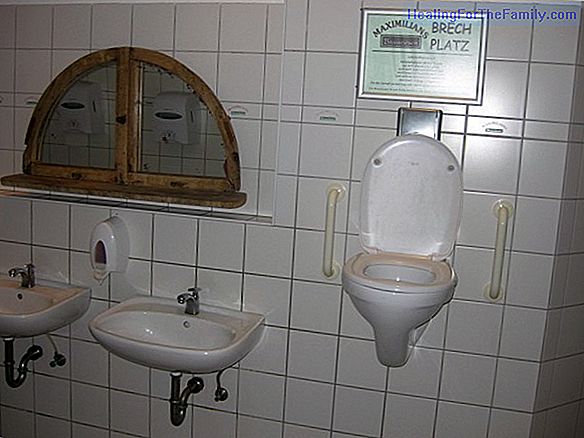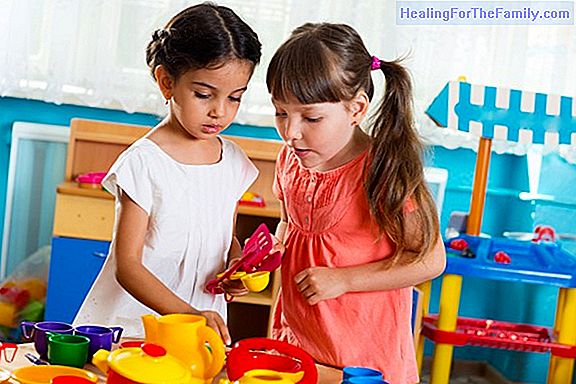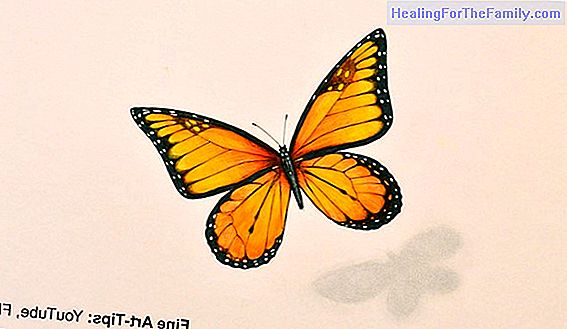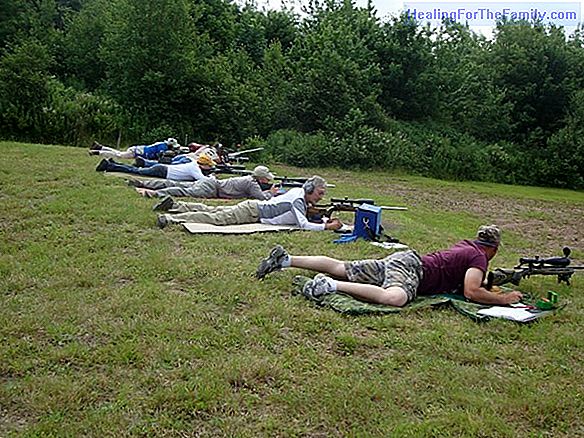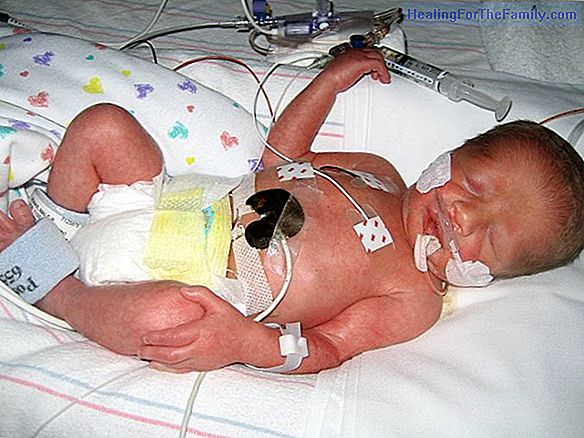What do children learn in pre-school education?
Pre-school education is one that comprises from 3 to 5 years old. It is not mandatory in most countries and is based on the stimulation of the child's intellectual, emotional and motor development so that it can be used when primary education begins (already mandatory) at the age of 6 years. Also ca
Pre-school education is one that comprises from 3 to 5 years old. It is not mandatory in most countries and is based on the stimulation of the child's intellectual, emotional and motor development so that it can be used when primary education begins (already mandatory) at the age of 6 years.
Also called, child education, tries to develop and enhance the child's abilities and prepare them for the learning that they will have to do later.
What children learn in early childhood education
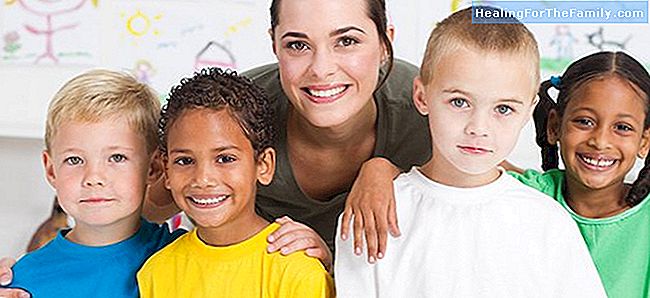
Each country has its own educational program, but in general it is a system that contributes to the child's development and learning process in several areas:
- Emotions: children learn to regulate their emotions, resolve conflicts and respect the rules of coexistence in the classroom,
- Communication: have to gain confidence to express themselves and dialogue with others, the activities that take place in the classroom try to enhance the capacity of listening and communication.
- Interest in reading: they still do not know how to read or write, but already from the early stages of early childhood education it is about enhancing interest and liking for books by reading in class and bringing stories to children.
- Physical dexterity: psychomotricity activities and body movement games prepare them to know, better control their body and prepare them for sport. These are activities that improve your coordination, control, handling and movement skills.
- Letters and numbers: the child is not taught to read or write but to put him in contact with the world of letters and written language. Also with the numbers and the amount they represent.
- Interest in the environment: it is about training children to become familiar with natural phenomena and living beings, while at the same time acquiring favorable habits to care for the environment.
- Stimulate creativity: initiatives are encouraged so that the child uses the imagination and expresses it through music, painting, theater ...
- Values : children have to recognize the basic principles for life in society . They are taught to act on the basis of respect for others, tolerance, empathy, diversity or generosity.

